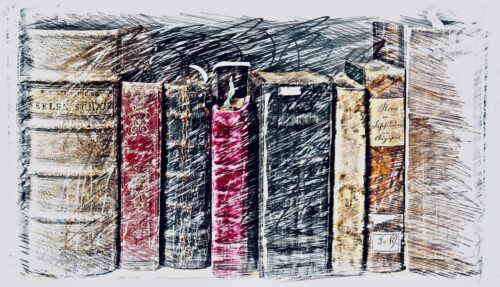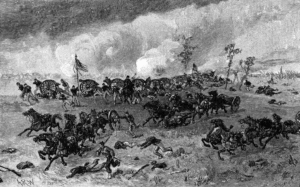
What John Lewis taught me about forgiveness
The tributes to Congressman John Lewis have flooded the airwaves and filled the newspapers since his death on July 17 from pancreatic cancer. Lewis was a legend, an icon of the Civil Rights Movement. He rode buses with the Freedom Riders in 1961. He was the last surviving speaker from the 1963 March on Washington, the event best known for Martin Luther King’s “I Have a Dream Speech.” And on March 7, 1965, Lewis led voting rights marchers across the Edmund Pettus Bridge, where they were beaten and forced to turn back by Alabama State Troopers. Several historians noted since his passing that Lewis literally bled for his beliefs.
I never met Congressman Lewis, yet he taught me a lesson about forgiveness and respect for our fellow man that I shall always remember.
Several tributes to Lewis included the story of a former KKK member who attacked the Freedom Riders at the Rock Hill, South Carolina bus station in 1961. Late in his life, Elwin Wilson, the former Klansman, motivated by the election of Barack Obama and Wilson’s own fear of hell, sought to find the man he beat in 1961 and seek his forgiveness. He discovered that man was Georgia Congressman John Lewis. Wilson traveled to Washington, met with Lewis, apologized for his actions, and Lewis forgave him. The two men became friends and made several appearances together, including one on Oprah Winfrey’s show
When this story of forgiveness broke in the national news, I was teaching South Carolina history at York Preparatory Academy in Rock Hill, SC. My students and I invited Elwin Wilson to our class to talk about his experience. Wilson spoke about his gratitude to Lewis for Lewis’s forgiveness. He spoke about learning to turn his back on hate and love all of his fellow human beings.
I asked him if he had encountered any African-Americans who could not forgive him for his past actions as a Klansman and his role in attacking the Freedom Riders. He said, “No, but I have had white people say that they can’t forgive me.” I wanted to make sure that I understood him correctly so I asked him: “Do you mean former buddies in the KKK?” Wilson said yes. He had violated the secrecy oath of the Klan and that was unforgivable to them, he replied.
I hope that my former students can remember Wilson’s answer. I hope they learned a lesson more important than any history lesson I could teach them. The man Elwin Wilson beat up forgave him. The criminals who helped him commit the crime could not forgive him for “betraying” the Klan. If I knew nothing more about the life of John Lewis, that one story would convince me of his goodness. May he rest in peace.



